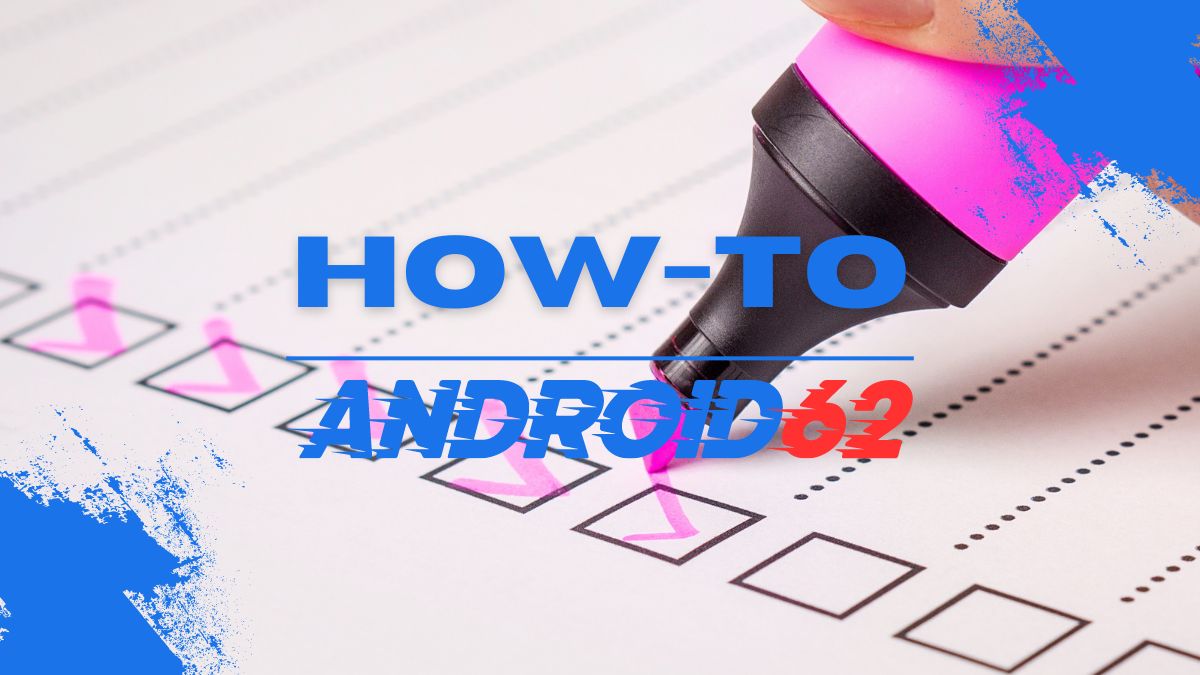
Unblocking a school Chromebook requires a keen understanding of both the device’s security measures and the policies governing its use. With schools often implementing strict controls to maintain a focused learning environment, students may find certain websites and applications inaccessible. This article will provide you with comprehensive strategies and tips on how to unblock various resources on a school Chromebook while adhering to legal and ethical considerations.
Understanding Chromebook Restrictions
Before diving into the methods of unblocking a school Chromebook, it is crucial to comprehend the underlying reasons for these restrictions. Schools implement filtering and monitoring systems to ensure students focus on their studies and protect them from potentially harmful content. These restrictions typically prevent access to social media, streaming services, and certain websites deemed inappropriate.
The function of administrative policies: Administrators enforce these policies with the goal of creating a safe learning environment. Understanding how these policies work will help you navigate the restrictions more effectively.
Utilizing a VPN to Bypass Restrictions
A Virtual Private Network (VPN) is a robust tool that can help students bypass internet restrictions on their Chromebooks. By encrypting your internet connection, a VPN masks your IP address and allows you to access blocked content.
Choosing the right VPN: Not all VPN services are created equal. Select a reputable VPN provider that offers excellent security features and has a track record of bypassing school filters.
Installation process: To install a VPN on your Chromebook, follow these steps:
- Go to the Chrome Web Store and search for a VPN extension.
- Download and install the extension.
- Open the VPN app, log in, and connect to a server of your choice.
Limitations of VPNs: While using a VPN can be an effective way to bypass restrictions, some schools may have systems to detect and block VPN usage. Always check if your school permits VPN usage to avoid potential disciplinary actions.
Accessing Proxy Sites
Proxy sites act as intermediaries between your device and the internet, allowing you to access blocked sites by redirecting your connection through their servers. This can be another avenue to consider if you’re looking to unblock a school Chromebook.
Finding reliable proxy sites: Use well-known proxy sites, as these are less likely to be blocked than lesser-known ones. Popular options include HideMyAss and KProxy.
How to use a proxy site:
- Visit the proxy site.
- Enter the URL of the website you want to access.
- Click the "Surf" or "Go" button.
Caution with proxy sites: While they can be quite effective, it’s essential to be cautious when using free proxy services, as they can compromise your privacy and security.
Using Chrome Extensions to Unblock Content
Chrome extensions offer another gateway to access blocked content on your school Chromebook. Some extensions can help bypass restrictions, while others can enhance your browsing experience.
Recommended extensions:
- Hola VPN: A peer-to-peer service that allows you to access blocked sites.
- Stealthy: This extension helps you browse the web anonymously.
Installation steps:
- Open the Chrome Web Store.
- Search for the desired extension.
- Click on “Add to Chrome” to install it.
Understanding school policies: Before using extensions, ensure that they do not violate your school’s internet usage policy. Misuse can result in disciplinary measures.
Adjusting Network Settings
Sometimes, tweaking the network settings on your Chromebook can help unblock specific website filters. While this won’t work for all blocked sites, certain adjustments may give you access to previously restricted resources.
How to access network settings:
- Click on the time in the bottom right corner to open the menu.
- Click “Settings,” and then “Network.”
- Select your network and adjust settings where appropriate.
Changing DNS settings: Another effective way is to change your DNS to a public DNS server like Google DNS (8.8.8.8) or OpenDNS (208.67.222.222). This can help bypass certain content filters.
Using the Developer Mode
Enabling Developer Mode on a Chromebook opens up numerous additional features, including the ability to install applications outside the Google Play Store. However, entering Developer Mode wipes your data and may disable certain security features.
How to enable Developer Mode:
- Turn off your Chromebook.
- Press and hold the Esc + Refresh keys, then click the Power button.
- When the recovery screen appears, press Ctrl + D to enable Developer Mode.
Implications of using Developer Mode: This process may void the warranty of your Chromebook, and some schools have restrictions against using Developer Mode, so proceed with caution.
Seeking Assistance from IT Staff
If you are facing restrictions that hinder your educational experience, consider reaching out to your school’s IT staff. They are there to help students with technology-related issues and may provide assistance in accessing necessary resources.
Communicating effectively:
- Clearly explain the need for access to specific sites or applications.
- Be honest and respectful in your requests.
Potential outcomes: While they may not grant open access to all sites, they might have alternative solutions or allow access for educational purposes.
Using Hotspots or Personal Devices
If you are unable to unblock your school Chromebook, you can consider using a personal mobile device or hotspot for access. This method allows you to bypass school network restrictions entirely.
Steps to set up a hotspot:
- On your mobile device, enable the hotspot feature in settings (consult your phone’s user manual).
- Connect your Chromebook to your mobile device’s hotspot.
Caution with data usage: Be aware of your mobile data limits. Frequent streaming or downloading large files could consume your data quickly.
Navigating Ethical Considerations
Understanding the ethical implications of attempting to unblock resources is crucial. While it may be tempting to bypass restrictions, consider the following:
Respect school policies: Always adhere to your school’s guidelines regarding device usage and internet access. Abusing these rules can lead to significant consequences.
Focus on educational value: Aim to unblock resources that genuinely contribute to your learning. Distracting sites may hinder rather than help your educational pursuits.
Staying Informed About School Policies
Being aware of your school’s policies regarding device usage and internet access can save you from potential troubles. Take the time to read the student handbook or consult with teachers and administrators about the rules.
Engaging in discussions: Participating in discussions about technology usage and its impact on education can lead to changes in school policies that better accommodate student needs.
Advocacy for change: If you feel certain resources should be more accessible, consider rallying support from classmates and discussing your concerns with school administrators.
Conclusion
While it is possible to unblock a school Chromebook through various methods, it is essential to approach this task with a clear understanding of the ethical guidelines and school policies. Utilizing tools like VPNs, proxies, Chrome extensions, and adjusting network settings can enhance your online experience, but always consider the potential consequences of bypassing restrictions. By engaging positively with your school’s IT staff or advocating for policy changes, students can work towards a more accommodating digital learning environment.




